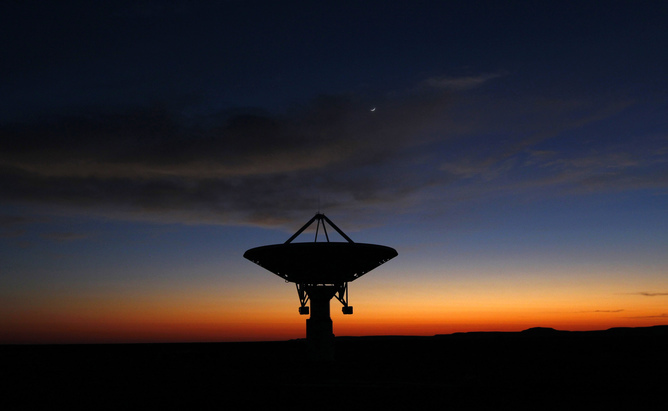Africa’s burgeoning reputation as a source of programming talent got a major boost last month when Microsoft launched its Africa Development Centre (ADC) that will invest $100-milliion over the next five years.
With offices in Kenya and Nigeria, Microsoft hopes to train 100 full-time engineers by the end of this year and a further 500 engineers by the end of 2023. Microsoft believes in Africa’s “innovative spirit” especially in fintech, agritech and off-grid energy.
“We’ve recognised there is an innovative spirit here,” says Michael Fortin, Microsoft’s corporate vice president, and the lead in establishing the first ADC engineering team in Nairobi. “There’s an enthusiasm and rapid adoption of new technologies in Africa. We quite literally want to be a part of that.”
Microsoft’s significant investment comes after another programming and talent company, Andela, announced earlier this year it had secured another $100m Series D investment, including from Facebook’s first couple, the Chan Zuckerberg Initiative. Andela’s total venture funding is now $180m.
“There is an incredible base of talent here,” Microsoft executive vice president Phil Spencer told the FM at the ADC launch in Nairobi after meeting students at local computer science departments at Nairobi universities.
These talented youngsters are “equally important in the long run and you see so many of the innovations that are going to be important to the next generation”.
He pointedly added: “Some of those products are going to be built by Kenyans, by Africans”.
Software development uses a new technique using what are known as containers. Small segments of apps or larger software like operating systems can be broken down into smaller elements and used on different operating systems or software environments like data centres.
This allows development teams to work on aspects of the software and run technology in new ways. “It allows more rapid development, privacy, security and more,” says Fortin. “How do we preserve the essence of [traditional software development] while moving forward? The team here will be part of the tip of the spear.”
 Microsoft is aware that locally relevant apps and services are the correct way to approach markets in different parts of the world. “You can’t just build it and hope they come, as they say in Field of Dreams. All of these have to be relevant for the local market and globally. We come here expecting to learn.”
Microsoft is aware that locally relevant apps and services are the correct way to approach markets in different parts of the world. “You can’t just build it and hope they come, as they say in Field of Dreams. All of these have to be relevant for the local market and globally. We come here expecting to learn.”
This follows the March launch of its first Azure data centres on the continent, in Cape Town and Johannesburg. These data centres allow Microsoft to deliver its cloud services more efficiently by having servers in the region.
“For many years passionate individuals have been pushing for us to be here,” says Fortin. “We chose Kenya and Nigeria after we looked broadly across Africa. There are strong development capacities across East and West Africa. There is a growing internet population in both regions and universities doing a great job turning out students to satisfy Microsoft’s needs.”
Microsoft has partnered with Kenyan and Nigerian universities that will create curriculum designed for the next wave of digital skills, including data science, AI, mixed reality, and application development.
Microsoft has already partnered with companies like Interswitch, Virtual City, energy start-up M-KOPA, and agritech start-up N-Frnds. “The International Center for Tropical Agriculture in Kenya and Energyrathon Consulting in Nigeria, are also two recent AI for Earth grant recipients, that are using AI to prevent nutrition crises and protect marine ecosystems. We’re excited to drive more innovations like this from the ADC,” added Amrote Abdella, regional director of the Microsoft 4Afrika Initiative.
Spencer, who is the project’s executive sponsor, is responsible for Microsoft’s gaming and the head of its Xbox brand. When the team inside Microsoft working on this project for many years asked him to be executive sponsor, Spencer said he saw that Africa’s novel approach to using mobile was helpful to Microsoft’s ambition in the mobile gaming market.
“There are over 2-biilion people who play video games, on any device. We want to innovate on mobile. There are over 1-billion people in Africa and 300-million people who play video games, mostly on phones. We thought it’s a great opportunity for us to be on here.”
He adds: “This is not a nice-to-have for us. [Microsoft] having customers on this continent who love to play games is something that we have to get right.”
This article first appeared on Financial Mail




